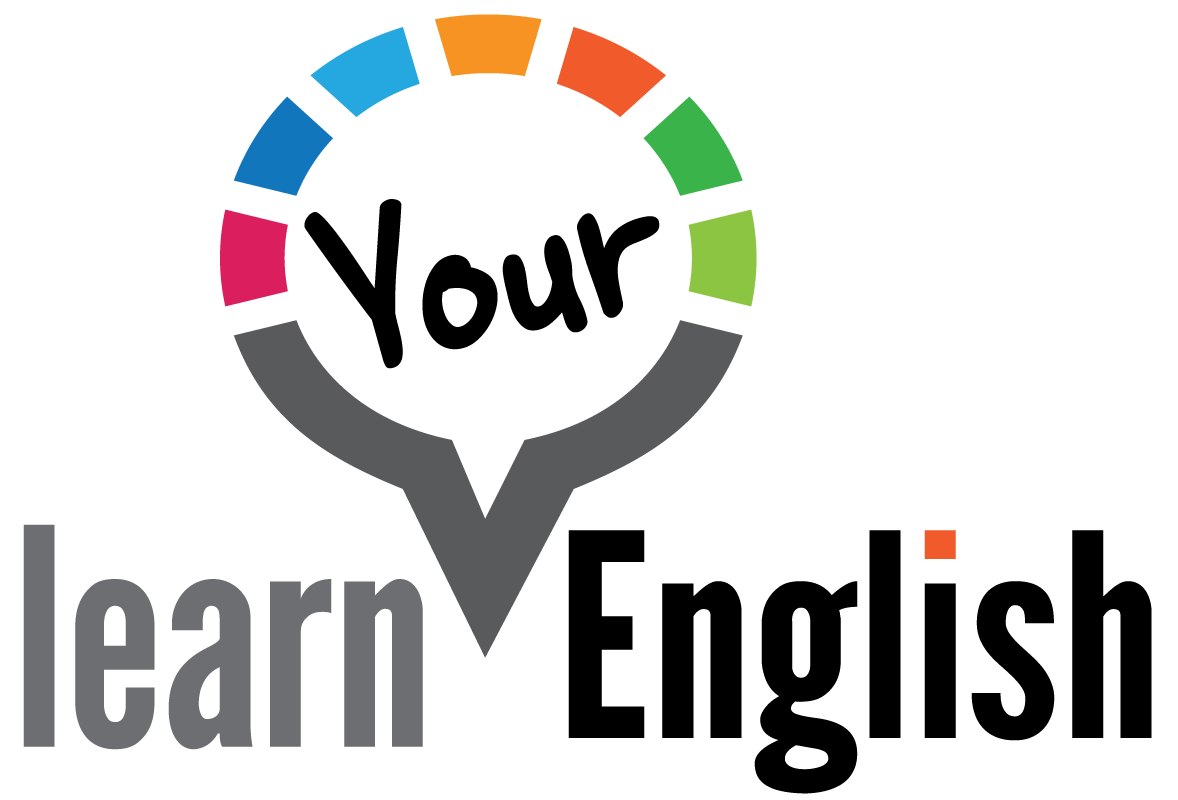Corrective Feedback 8: Exploring the Discourse with Dr. Miroslaw Pawlak
We're thrilled to announce our new partnership with Carleton University in Ottawa, Canada, to produce an 8-part mini series on the topic of Corrective Feedback. The series explores the area of corrective feedback through interviews with 8 scholars in the field. All interviews are conducted by students in Dr. Eva Kartchava's MA class at Carleton University as a means of assessment to connect researchers to their audience and have her students generate a greater level of understanding and investment in the research from the course. If you are interested in having a similar series produced for your class or institute, you can contact us: info@learnyourenglish.com
Producer's note: the internet was quite tired on the day of recording. While the interweb didn't put in its best effort, the humans involved sure did, and we hope all the great content in this episode comes through from Jewel, Meghana, and Dr. Pawlak.
Dr. Miroslaw Pawlak shares his thoughts in our final episode of our series on corrective feedback. Dr. Pawlak is the Head of the Department of English Studies and part of the Faculty of Pedagogy and Fine Arts in Kalisz, Poland at Adam Mickiewicz University. Additionally, he is the editor-in chief of the journals Studies in Second Language Learning and Teaching, and Konin Language Studies, and the editor-in chief of the book series Second Language Learning and Teaching (Springer). His areas of research include form-focused instruction, corrective feedback, pronunciation teaching, classroom interaction, study abroad, and a range of individual difference factors such as motivation, willingness to communicate, language learning strategies and boredom. His most recent research article “Corrective Feedback, Developmental Readiness, and Language Proficiency” can be seen in The Cambridge Handbook of Corrective Feedback in Second Language Learning and Teaching.
In this episode Dr. Pawlak tells us:
how to increase teacher interest in the topic of corrective feedback (CF)
how CF affects the willingness of learners to communicate
if it's preferable to over correct or under correct
what we can learn from studying developmental readiness
the role CF plays in form-focused instruction in comparison to more prescribed learner performance approaches
*This interview was conducted by Meghana Akavoor and Jewel Little.
Interested in Continuing your Teacher Development?
Join the LYE Development Program
For more info on what we do at LYE, check out:
Our Teacher Development Membership
About Dr. Miroslaw Pawlak
Professor Mirosław Pawlak is the Head of the Department of English Studies, and part of the Faculty of Pedagogy and Fine Arts in Kalisz, Poland at Adam Mickiewicz University. He also works as Professor of English of the Faculty of Humanities and Social Sciences of State university of Applied Sciences, Konin, PolandHe also works as Professor of English of the Faculty of Humanities and Social Sciences of State university of Applied Sciences, Konin, Poland.
Additionally, he is the editor-in chief of the journals Studies in Second Language Learning and Teaching, and Konin Language Studies, and the editor-in chief of the book series Second Language Learning and Teaching (Springer).
His areas of research include form-focused instruction, corrective feedback, pronunciation teaching, classroom interaction, study abroad, and a range of individual difference factors such as motivation, willingness to communicate, language learning strategies and boredom.
His most recent research article “Corrective Feedback, Developmental Readiness, and Language Proficiency” can be seen in The Cambridge Handbook of Corrective Feedback in Second Language Learning and Teaching
More information about Dr. Pawlak’s experience in research, teaching, and academic services is available at the following links:
See his page from Adam Mickiewicz University
Podcast Creation:
This episode was created with support from Thinkific & Podbean. If you're looking to launch a course or start a podcast, we highly recommend them - and use them ourselves.
As always, thank you for listening. Your support has been overwhelming and we couldn't do what we do without you. We hope this podcast serves as an effective CPD tool for you.
If you have a comment or question about today's show, we'd love to hear from you: info@learnyourenglish.com






